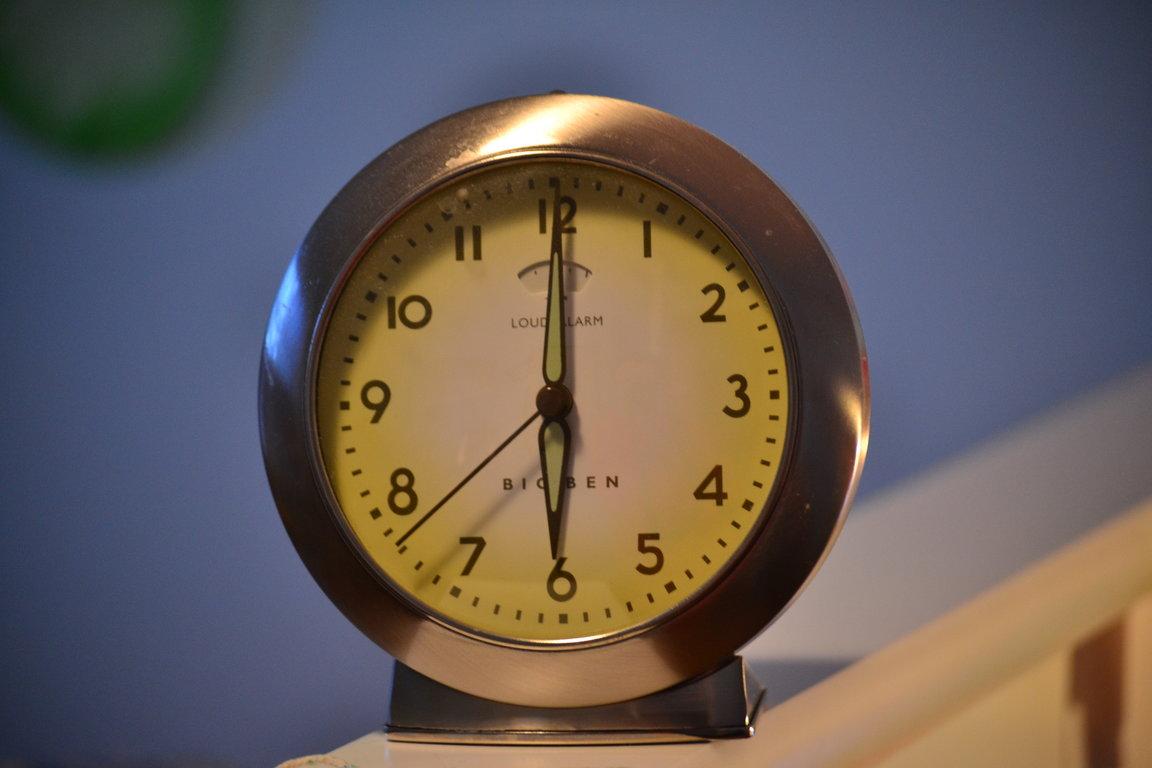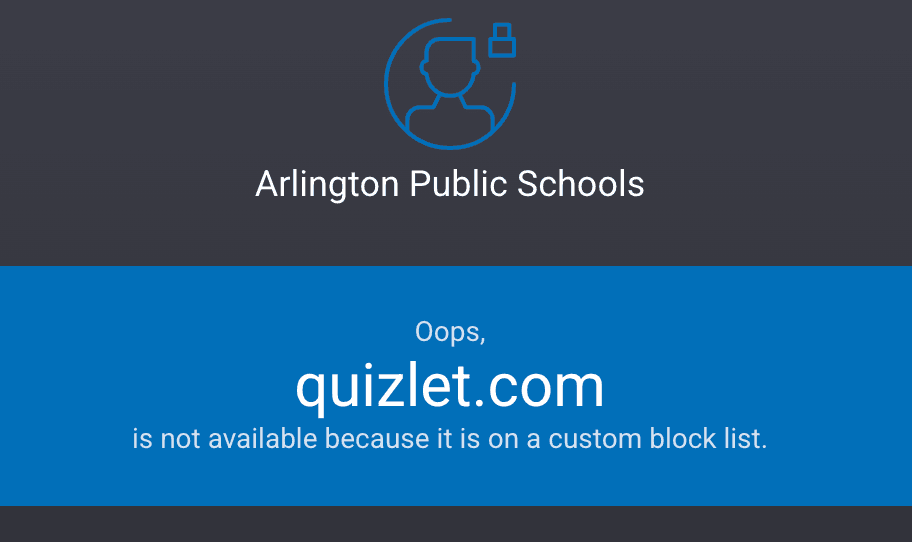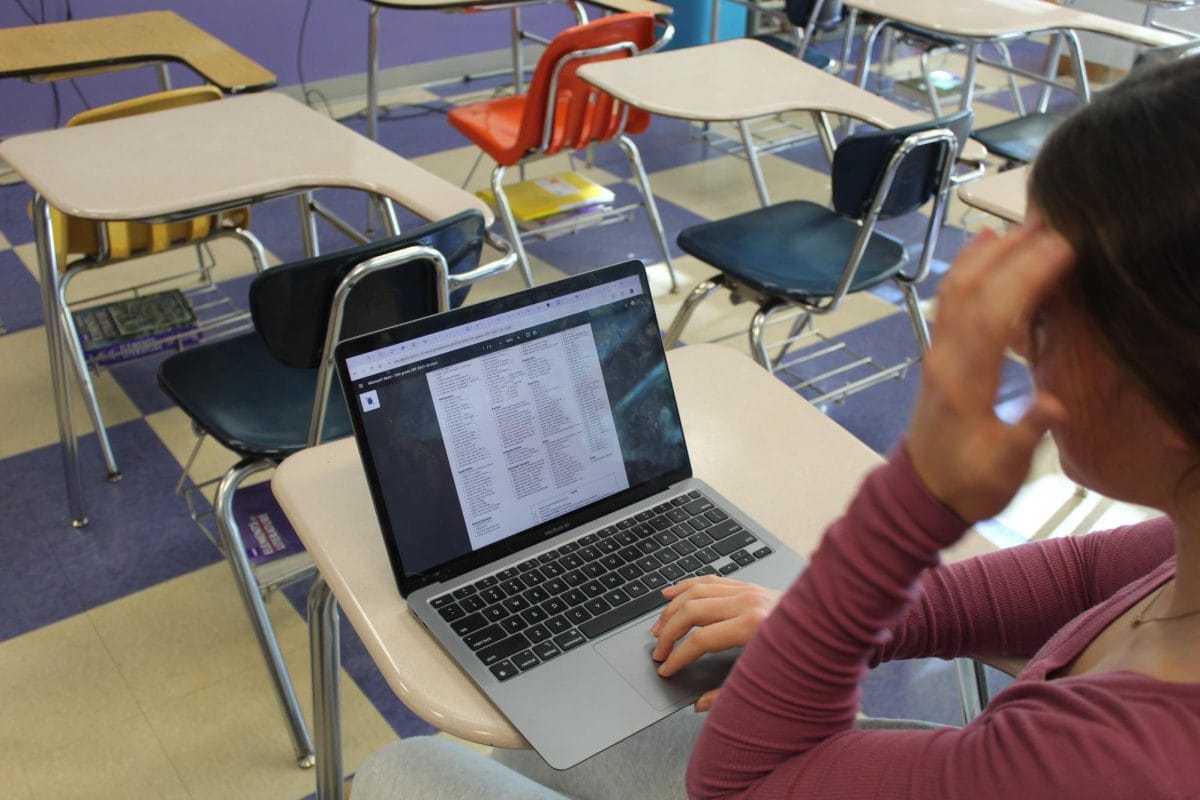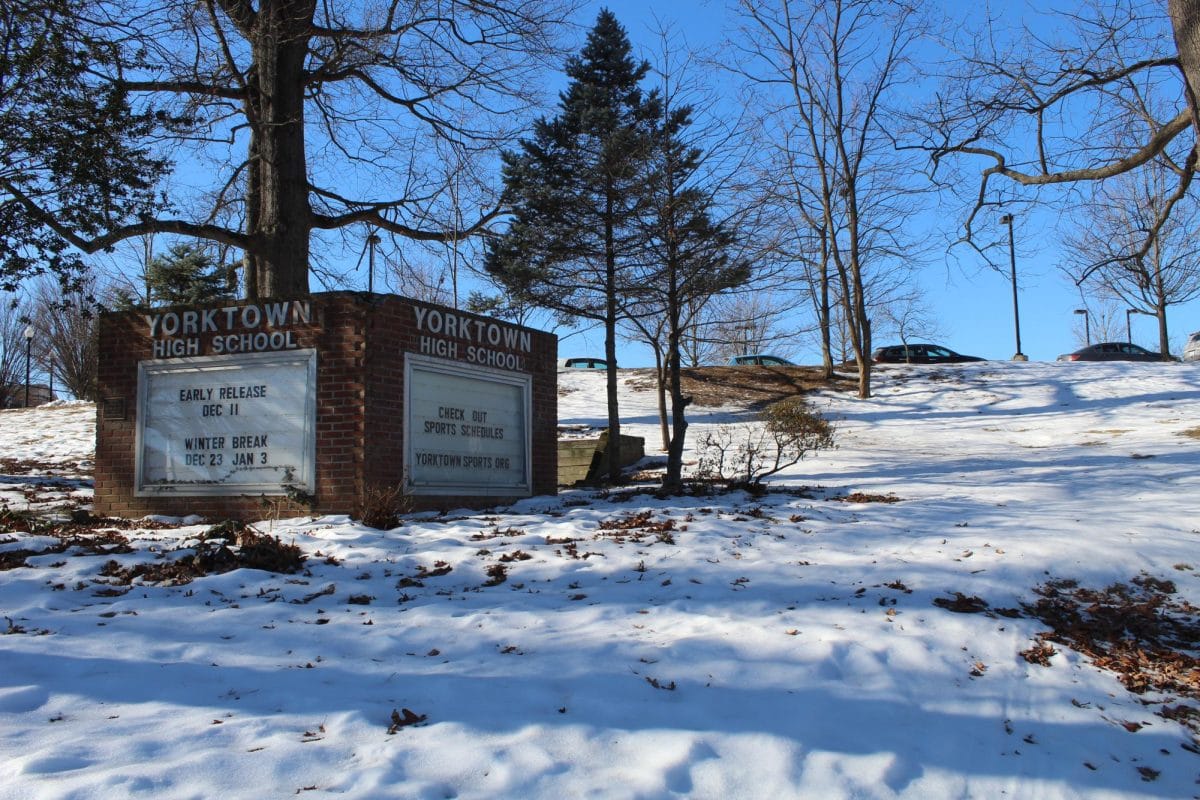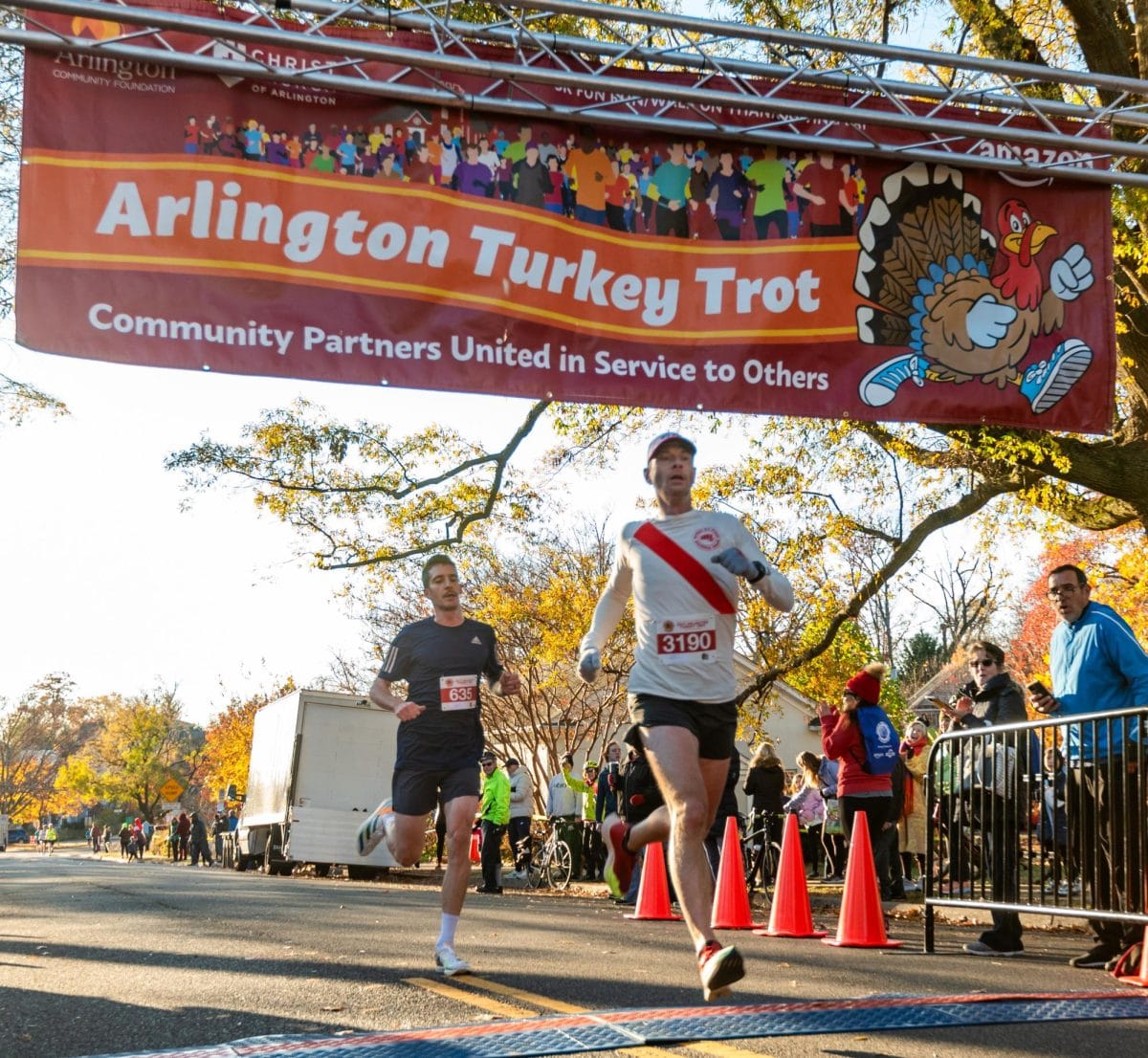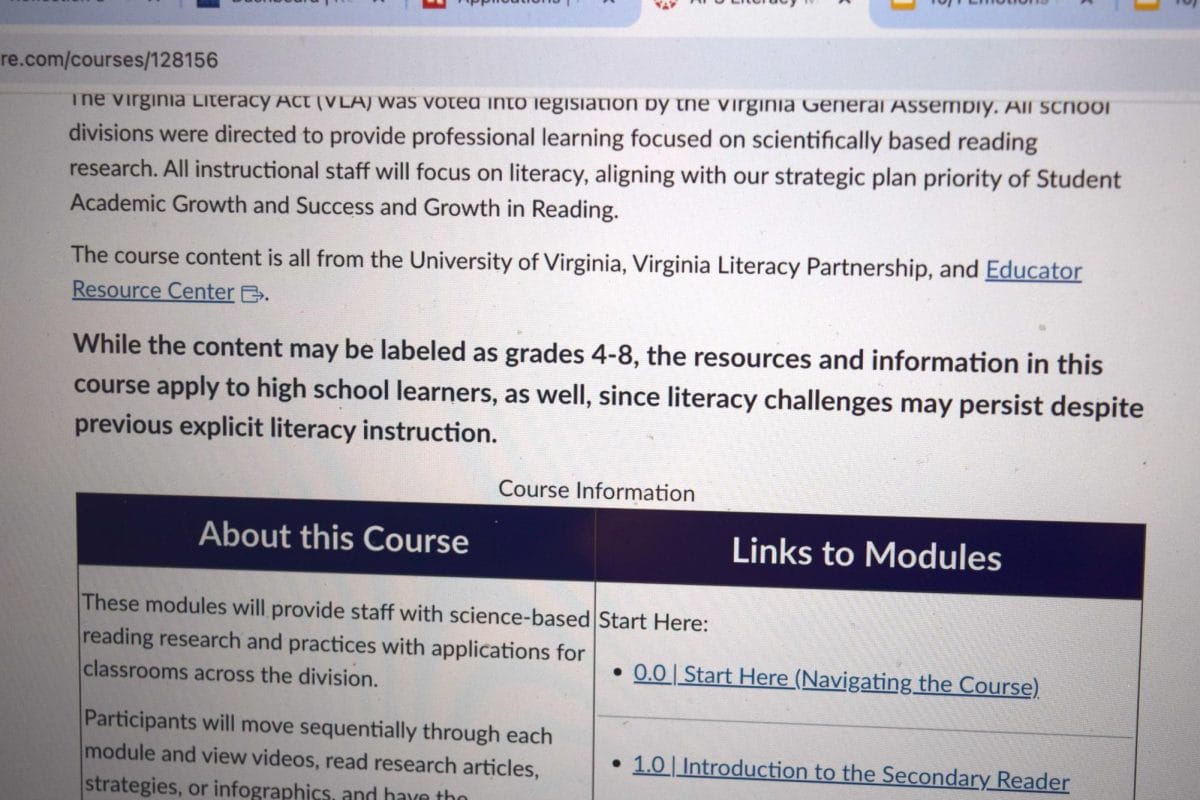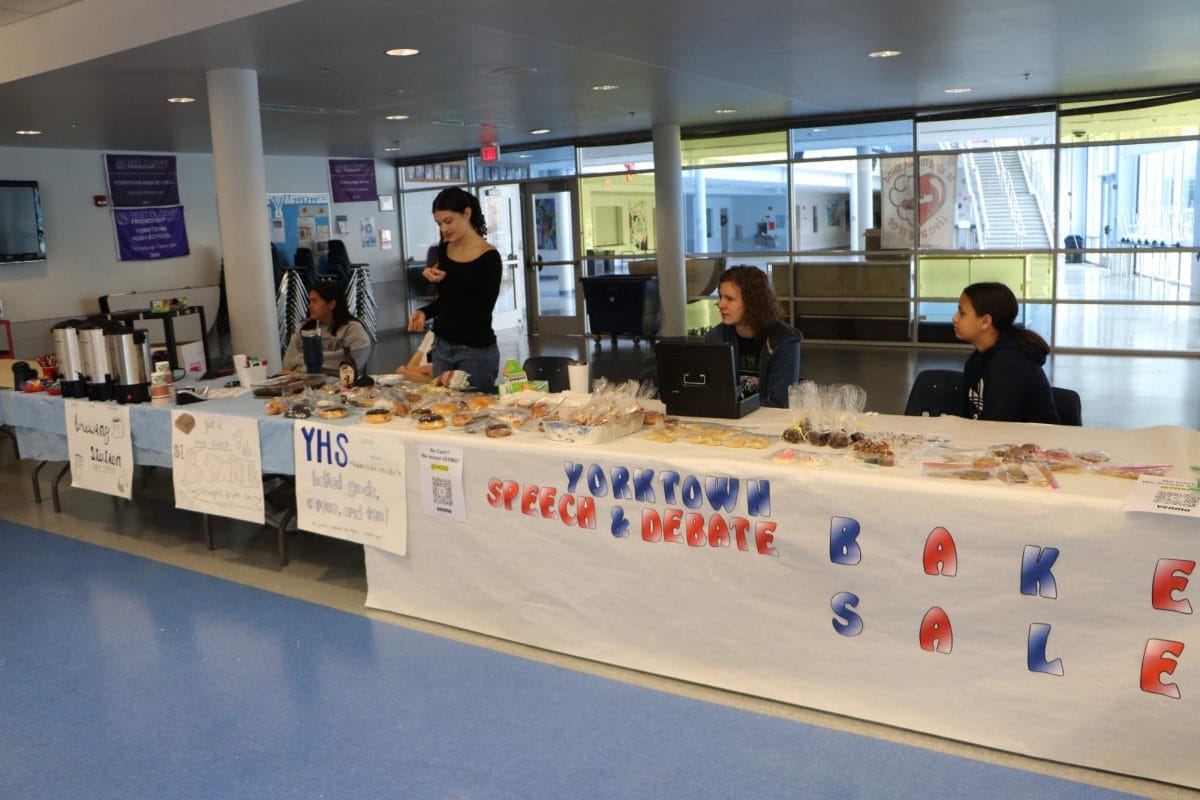For most, a 7:25 a.m. start time for school is way too early to function, but for some this early start time is the reason they are able to get to a job, get more school work done or just have more free time. A.M. classes start at 7:25 a.m. (zero period) and enable students to leave after seventh period. They have only ever been offered to seniors, but next year they will be extended to juniors. A.M. Advanced Placement United States History (APUSH), a junior history class, appeared on course request forms to many early birds’ delight. Andrew Prantner, current APUSH and US History teacher, helped come up with the idea to offer A.M. APUSH next year.
“Sometimes some students work better in the morning, and it seemed like a good idea. I learned earlier this year that Washington-Lee offers the same type of course as well, so I figured why not [try it at] Yorktown and see if there’s any interest in it,” said Prantner.
A.M. classes allow students to end their school day early. This extra time at the end of the day opens up many opportunities for students to do a variety of activities.
“I wanted to coach middle school ultimate frisbee and since middle school gets out at 2:30 p.m., I had to get out earlier if I wanted to get there in time,” said senior Hunter Shumaker, current A.M. Government student.
Although Shumaker uses the extra time, that does not mean all students use the time to their advantage. When Jon Schildknecht, current A.M. Government teacher, was asked if he thinks students really put the extra time to use he said, “I don’t know that they use this time to do homework or not, but it gives flexibility to get things done after school. For students that have jobs, I am sure this helps with scheduling. So, regardless of what they do after school, getting out at 2:10 p.m. frees up some time in the afternoon and hopefully they are able to take advantage of this.”
Although in the past only seniors have taken A.M. classes, Prantner and Schildknecht do not see problems with juniors handling the zero period class differently than seniors.
“I think, in general, juniors are more motivated than seniors. Senior slump is real, and juniors generally do not have to deal with this. We are now in the second semester, the time of the year where seniors start to lag a bit. Juniors are still under pressure for getting into college, so there will not be that lag,” said Schildknecht.
“It’s sort of a different group because Government’s a non AP and this will be an AP class, so the students that want to be there for an A.M. period for APUSH would be ones who will be good students and students that shouldn’t have a problem with it,” said Prantner.
Last year, English 12 and AP Government were also offered during zero period, but because of lack of interest, the classes did not occur. This is a possibility for A.M. APUSH next year.
“I’ve heard that there’s some interest from teachers that teach 10th grade that have advertised it in their classes. As far as being worried if there will be enough students, it’s not a big deal. If it doesn’t happen it doesn’t happen. There could be some of that because this is the first time we’re offering it and it’s a new thing, so we’ll see,” said Prantner.
Due to the early start time, only some students are able to really focus and excel in an A.M. class.
“Students that can motivate themselves to consistently wake up early [should take the class]. If you are not a morning person, this might not be the best choice for you,” said Schildknecht.
Incoming juniors seem to be taking interest in this new class option next year, as Prantner said.
“Leaving school early would really help me get everything done before I have sports after school,” said Rebecca Joskow, current sophomore, “I am definitely considering it for next year.”
Taking an A.M. class is a great chance for students to be more productive during the day. Now that this opportunity is extended to more than just seniors, this will translate to a more successful student body as a whole.




































